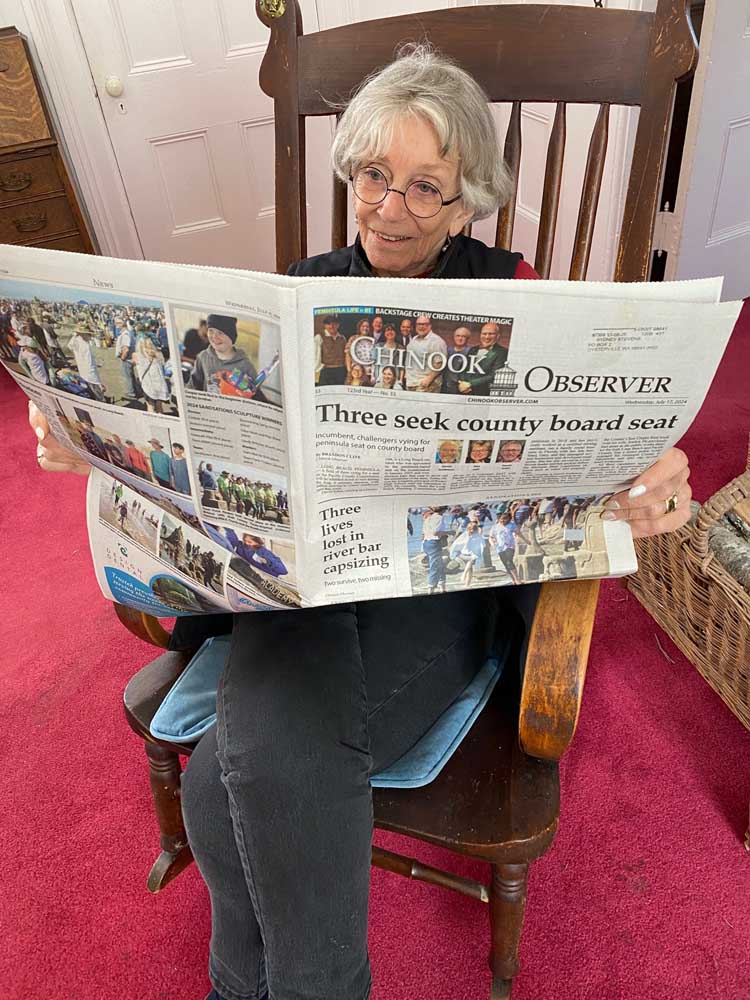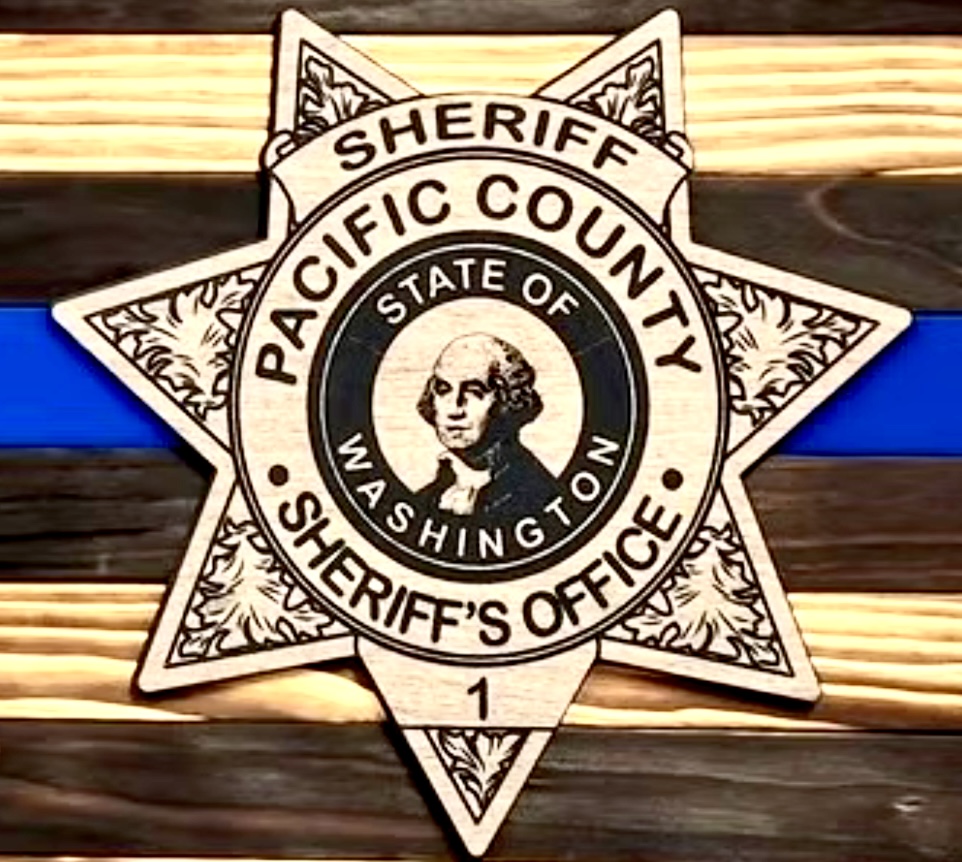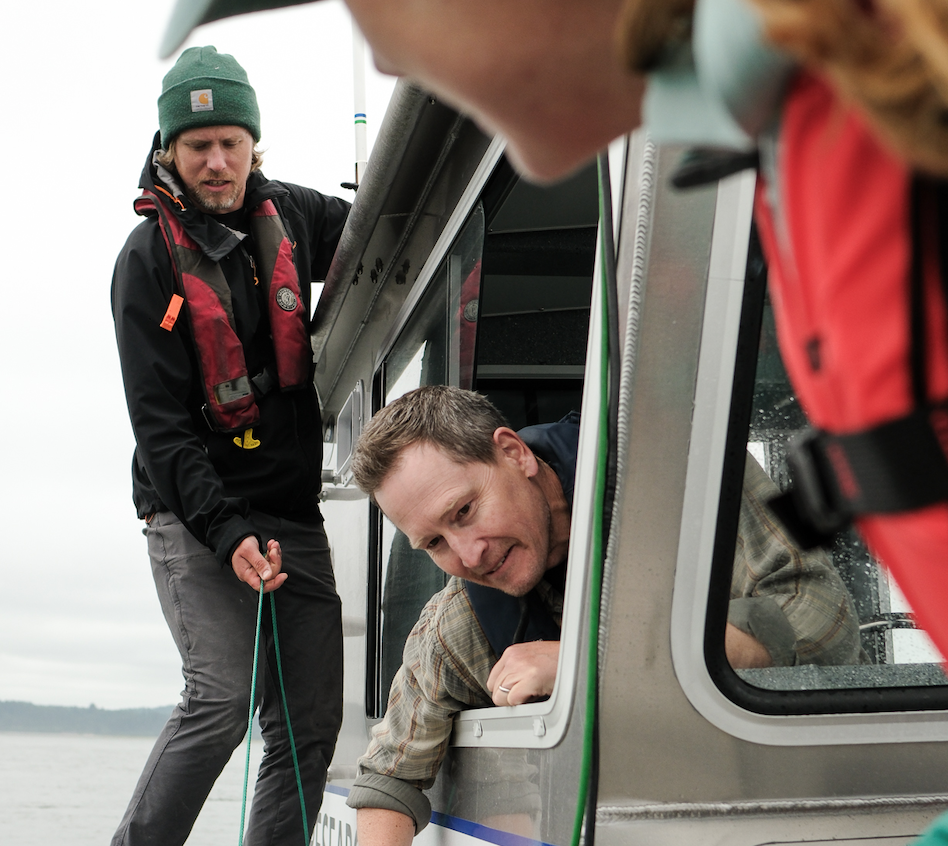Elementary, my dear: Do we all know much too much about much too little?
Published 1:06 pm Monday, August 5, 2024

- Columnist Sydney Stevens of Oysterville is an avid reader.
The irony is not lost on me. Here I am, beginning my monthly column for my beloved weekly newspaper — a source of our community news that I’ve praised and recommended above all others for years. And, as I write, I am seriously wondering if the news “is too much with us,” as Poet William Wordsworth so famously said of the world several centuries ago.
We take such pride in being “connected” these days. Or do we? Perhaps it is only the online media sites and the social media gurus and communications experts who are touting the importance of being a few finger-taps away from everything that’s happening “out there.” Do I really need to know the instant conflict breaks out in a country half a world away? And do I need to know which celebrities or other public figures have been arrested or detoxed or hospitalized and with all the attendant speculations from “sources close to the victim” on a minute-by-minute basis?
Do I need to know which celebrities or other public figures have been arrested or detoxed or hospitalized and with all the attendant speculations from “sources close to the victim” on a minute-by-minute basis?
I even question whether I need to know all the latest social information from friends of friends of friends. I do like to know what my own loved ones are doing, but I can barely keep track of all their followers, as well. And do I really want “the world” to know all about my latest escapades that might be amusing to those who know me, but I have no idea what a strangers would think.
A habit easily broken
Thirty years ago, or so, Nyel and I decided to stop watching the news on our “screens” — which, in those days, consisted of one television set located in the bedroom — hardly a focus of our lives. Mostly, we watched Johnny Carson or re-runs of old sitcoms. We read national and local newspapers and magazines and never felt we were ill-informed. The important things came through loud and clear… just like in “the olden days” when I was growing up with only the newspaper and radio and iffy telephone connections to the outside world.
I don’t remember being uninformed about a single important event. Within hours we knew of the bombing of Pearl Harbor, of D-Day and of the death of President Roosevelt back when I was in primary school The news of assassinations of Kennedy and King and another Kennedy in the 1960s also came immediately. The JFK news came within two hours of the event, in fact, brought to me, quietly by the principal to the door of my second-grade classroom with whispered advice not to mention it to the children “just yet.”
Yes. We got the important news. And we learned of the celebrations and tragedies of our loved ones and friends — but not in a public forum Facebook kind of way. Perhaps a telephone call or the ringing of the doorbell — a more direct, more personal, less sensational way. And I think that, cumulatively, that made a difference in the way our communities and our nation dealt with the realities of “modern” living.
Over and over again I hear how “angry” our young people are. I see the homeless camps on our city streets and the evidence that so many of our fellow-citizens just can’t cope any more. I’m moderately sympathetic. I don’t think I could cope, either, if I were constantly being bombarded by the trials and tribulations of our entire earth’s population — now approaching eight billion people! Lord knows, it’s difficult enough to be sympathetic, helpful, or even just neutral when it comes to the problems of our near neighbors and those in the communities in which we live.
Where charity begins
So, millions of us give to non-profit organizations and to charities, hoping that our money will actually go toward a cause we believe in and we will make a difference, no matter how small. And, of course, we give to salve our consciences. The years go by, the dollars flow out, and the problems escalate. It’s probably simplistic of me to think that we could be more effective if we had a bit narrower focus — if we could confine our sympathetic energies to the people and places we actually recognize and could see the results, day-by-day, of our largesse.
“Moderation in all things,” were my grandmother’s watchwords. I honestly believe that if we could apply that to the constant barrage of information that we are faced with each day, we might have the time and energy to assist where it counted. And perhaps to channel all that anger into making positive, constructive changes — even if only for our own lives.
More than one of my friends has admitted to me, however, that they are “news junkies.” Their days must begin and end with the latest breaking bulletins, the most current status of their “friends” and “acquaintances” who they may know only through social media. Obviously biased or inaccurate reports don’t seem to be of serious concern. For some, “fake news” is alluded to even while being quoted as gospel. Go figure.









